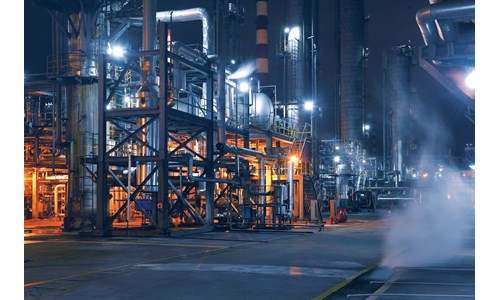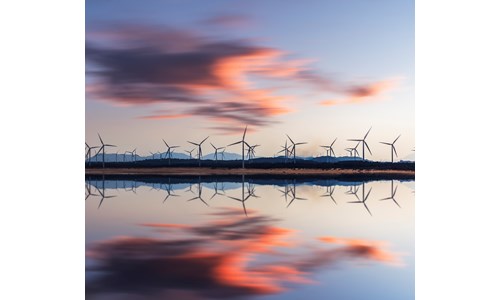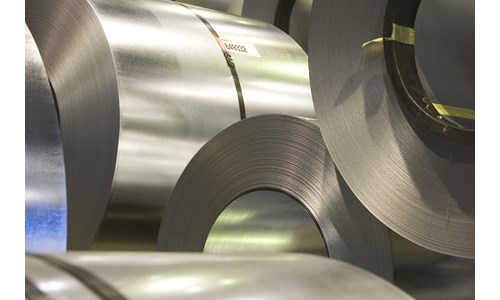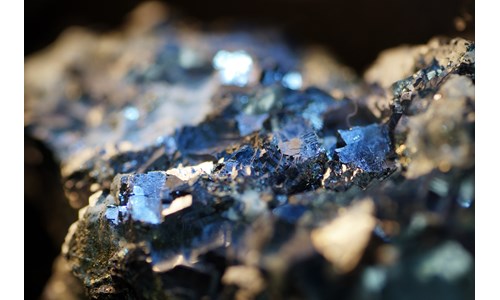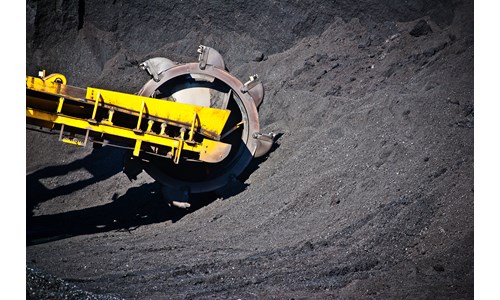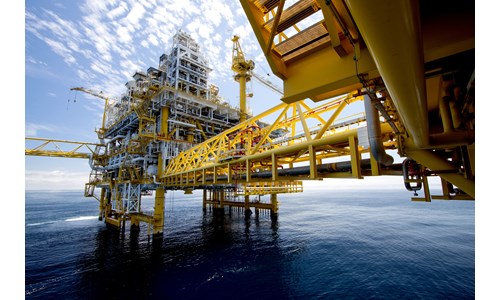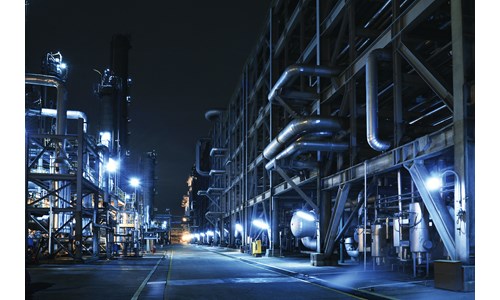Brazil takes an alternative path to reduce transport emissions
*Please note that this report only includes an Excel data file if this is indicated in "What's included" below
Report summary
Table of contents
- Sugarcane and its use as car fuel
- How will Brazil support the long-term use of ethanol?
- What are the risks to increased ethanol consumption in Brazil?
- What is Wood Mackenzie’s light vehicle fleet outlook for Brazil?
Tables and charts
This report includes the following images and tables:
- Registration of new vehicles
- Monthly ethanol/gasoline retail price vs ethanol demand
- Brazilian car parc and motor gasoline demand
- Gasoline vs ethanol demand
What's included
This report contains:
Other reports you may be interested in
Poços de Caldas (CBA) bauxite mine
A detailed analysis of the Poços de Caldas (CBA) bauxite mine.
$2,250Brazilian samba - two steps forward, one step back: Latin America month in brief
Details around JVs, licensing rounds and fiscal terms offer investors line of sight in Latin America
$1,350





